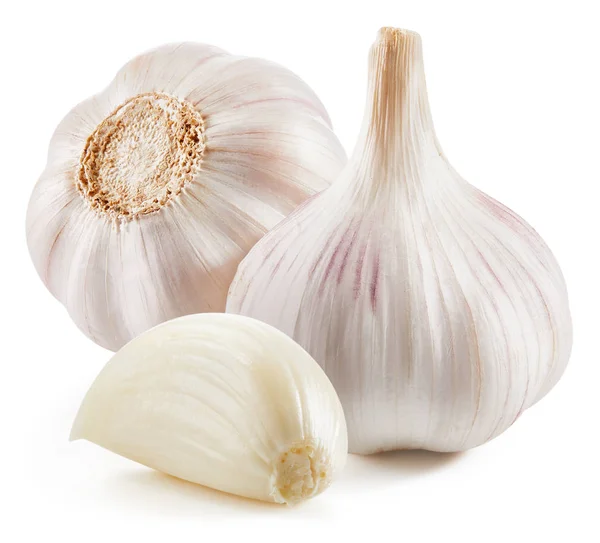Garlic, often referred to as a superfood, offers numerous health advantages. According to a new study, eating garlic on a regular basis can help control blood sugar and cholesterol levels.
Researchers from Southeast University and Xizang Minzu University in China carried out the investigation. According to the study, garlic consumption is associated with reduced levels of glucose and certain types of fat molecules.
“In healthy individuals, glucose and lipid metabolism is precisely regulated. Disorders of glucose and lipid metabolism can lead to several chronic diseases, including atherosclerosis, diabetes and fatty liver disease,” the researchers write in their published paper.
According to a report by Sciencealert, garlic has previously been linked to lipid control and glucose levels in isolated investigations.
During the trial, the researchers discovered that participants who ate garlic had lower blood glucose levels, more ‘good’ cholesterol, less ‘bad’ cholesterol, and lower cholesterol overall.
According to the Sciencealert study, the data is insufficient to establish causal cause and effect. However, the evidence strongly suggests that garlic can help us manage our glucose and cholesterol levels.
More research and specialized investigations are needed to properly understand the relationship. The trials considered by the meta-analysis ranged in length from three weeks to a year, and included studies using several different forms of garlic: raw garlic, aged garlic extract, and garlic powder tablets.
“The results showed that garlic has a beneficial effect on blood glucose and blood lipid in humans, and their association was statistically significant,” write the researchers, as quoted by Sciencealert.
According to the researchers, different active ingredients in garlic are helping in a variety of ways, including by reducing oxidative stress. The study found that it is “a type of wear and tear” on cells that can lead to issues such as cardiovascular disease.
According to the study, garlic contains an antioxidant molecule called alliin, which has previously been associated to controlling blood glucose, blood lipids, and the gut flora. The study’s findings are most likely the consequence of a mix of effects.
Now there are more reasons to add garlic to the list of foods that you should include in our diet.
“[The study] provides new ideas for the development of natural products against diseases related to glycolipid metabolism,” write the researchers.
The findings of the study were published in Nutrients recently.







 Finance
Finance







